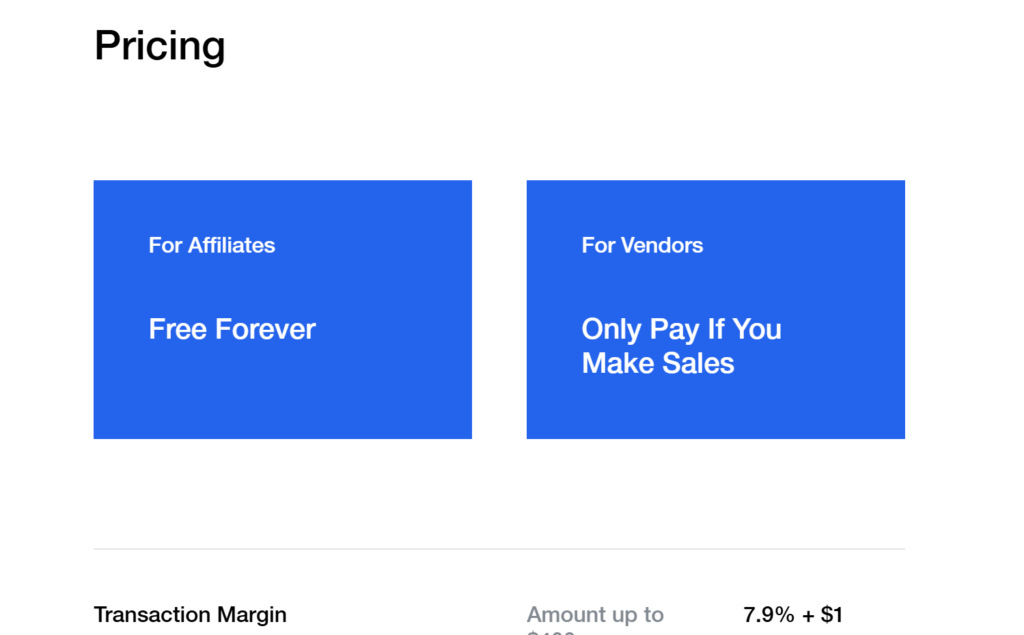Introduction to Digistore24
Product Variety
Pricing and Value
Pricing and Value: Understanding the Essentials
Introduction
When exploring the relationship between pricing and value, it’s crucial to understand that price is what you pay and value is what you receive. This basic principle applies across various sectors, from consumer goods to services and investments. In this article, we’ll dissect the concept of pricing and value, highlighting how businesses determine prices and how consumers perceive value.
Factors Influencing Pricing
- Cost-Based Pricing: Companies often set prices based on the cost of production, including raw materials, labor, and overhead costs. Adding a margin to these costs ensures profitability.
- Competitive Pricing: Prices are also influenced by competitors in the market. Businesses might price their products lower than competitors to attract customers or higher to signal better quality or exclusivity.
- Value-Based Pricing: This approach bases prices on the perceived value to the customer rather than the cost of production. Products or services with high perceived value can command higher prices, especially if they offer unique benefits.
Understanding Value
Value is subjective and varies from customer to customer. It’s determined by the benefits a product or service provides, including functionality, emotional satisfaction, and social status. For example, customers might pay more for a brand-name product due to its perceived quality and prestige.
Evaluating Price and Value
Consumers often assess the worth of a purchase based on a cost-benefit analysis. High-priced items must justify their cost through superior quality, enhanced features, or better service. Meanwhile, budget-friendly options must still meet a minimum quality threshold to be considered valuable.
Strategies for Businesses
To effectively price products, businesses must:
- Understand their cost structure and market position.
- Conduct market research to gauge consumer perception of value.
- Consider psychological pricing strategies, such as setting prices just below a round number (e.g., $9.99 instead of $10).


Affiliate Commission Rates
Product Quality and User Reviews
Vendor Reputation and Support
Ease of Purchase
Refund Policies
Affiliate Marketing Resources
Market Reach and Popularity
…
Conclusion/Summary (H2)
Write a conclusion or short summary including the main takeaways of your article. (Paragraph)

